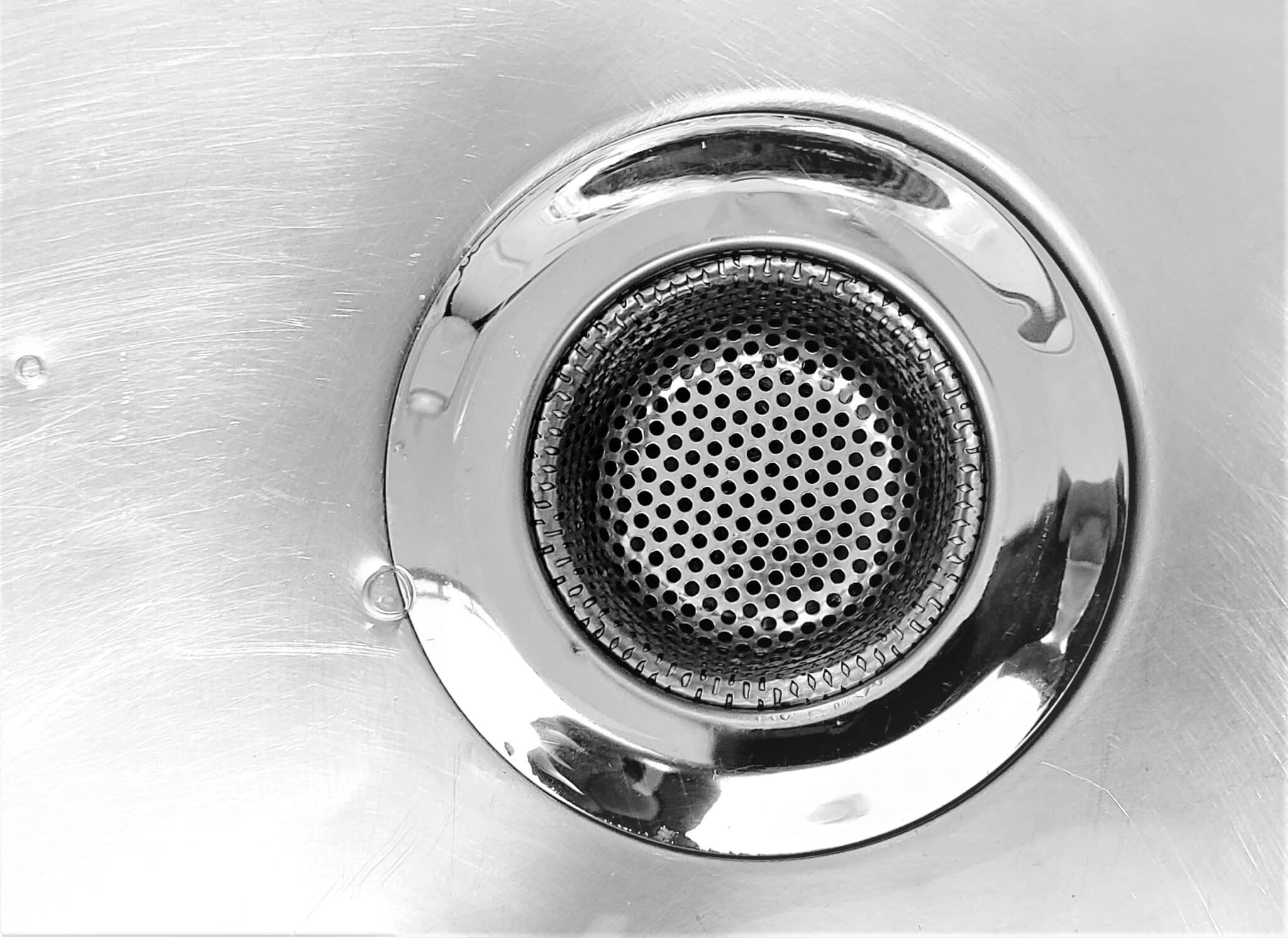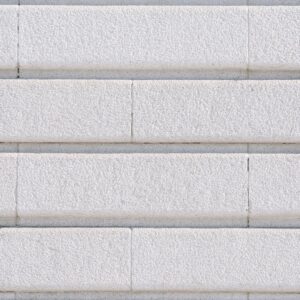
Life seems off-kilter when you have a clogged sink or toilet that refuses to flush. Minor things can knock you off your stride, and a blocked drain occurs for many reasons. Food debris, grease, old pipes and many other factors prevent water from draining away as it would like.
There are many ways to unclog and avoid clogged drains, including solutions involving household objects. Boiling water, baking soda, vinegar, lemon juice, plungers and even a coat hanger are valuable tools for blocked drain cleaning.
Sometimes though, you need to call on an expert. A professional plumber is trained and skilled in clearing blockages. These professionals are the best drain cleaning service as they have the tools and access to specialist equipment, including acids, chemical drain cleaners and other drain cleaning chemicals.

Photo by Daniel Dan on Unsplash
Jump to:
Plumbers commonly use hydrochloric acid to unclog pipes
Hydrochloric acid, which is close to muriatic acid, is the most common acid associated with plumbers. The harsh nature of this acid is seen by the fact you require a plumber’s licence to purchase it in its concentrated form. Only select hardware stores stock this acid in its pure set form.
There is a severe risk of injury if hydrochloric acid is misused. Some people have suffered from pulmonary edema because of sulfuric acid or drain cleaner. Also, take care to not allow these chemical acids onto your skin. Even diluted acid with cold water can cause problems to your skin.
Have PPE materials to hand before you clean a sink, drain or pipes with acid
Anyone using this acid must wear protective gear, including:
- Gloves
- Glasses
- Long sleeves
Also, people must never mix hydrochloric acid with other chemicals or other drain cleaners, as it could have a significant chemical reaction.
Mixing hydrochloric acid with hot water is also best to dilute its strength. Pure muriatic acid could corrode your pipes if you have an old plumbing system or a damaged pipe network.
This is another reason it is best to call on a professional to unclog drains. They will know what pipes are in place, be it metal pipes, pvc pipes or galvanised steel pipes. The type of pipe or septic system impacts the drain cleaners that work best for clogged drains.
Only experienced professionals should use hydrochloric acid
While many people are happy to unclog blocked drains at home, it is only safe to do so with household items. If a clogged drain requires acid to remove a blockage, it should be left to plumbers.
There is a genuine risk of injury or health problems if hydrochloric acid isn’t administered correctly. There is also a risk of damaging your pipes if acid isn’t applied appropriately.
Sulfuric acid drain cleaner is an option to consider
Another acid commonly associated with unblocking drains is sulfuric acid, a very powerful drain unclogger, that is extremely dangerous if not used appropriately.
Using sulfuric acid with a blocked drain makes sense but be cautious
Sulfuric acid drain cleaner is an industrial-strength solution and should be used sparingly. However, it is a simple product to use and will do a lot of hard work for you. Once the clog is gone, use warm, soapy water to remove all traces of sulfuric acid.
You can use sulfuric acid on your drain opening
Significant clogs need more power, with many experts advising using 500ml of sulfuric acid drain cleaner, which equates to half a bottle. Then leave this to sit for an hour. If the clog remains, repeat this process with more acid.
One handy tip to neutralise the acid is to mix it with baking soda and water before pouring it down the drain. Also, if spills occur, this mixture helps to neutralise them.
Protective clothing is essential when working with drain cleaners
If you are using sulfuric acid drain cleaner, be sure to use proper Personal Protective Equipment, PPE. This includes safety goggles or a full-face shield; and reliable PVC gloves. Also, be wary of the smell of the acid, as the toxic fumes can be powerful and dangerous.
Sodium hydroxide is another common drain cleaner
Sodium hydroxide is a cost-effective drain cleaner, and consumers can buy it in many DIY stores. As with most chemical cleaners, wear protective clothing, including gloves and masks. Mixed with baking soda it can be used to clean dishwashers.
With sodium hydroxide, never use a metal bowl. Metal has an adverse reaction with sodium hydroxide, which can be dangerous for users.
Place three teaspoons of sodium hydroxide with two tablespoons of water into a plastic or glass container. Mix this concoction with a wooden or plastic spoon. The mixture fizzes and heats thanks to an exothermic reaction with water.
Pour this fizzing mixture down the drain and wait half an hour, when it will hopefully dissolve any blockage. After this time, bring water to boil and slowly pour down the drain to remove traces of sodium hydroxide.
Enzyme cleaners are worth considering
Using enzyme cleaners is helpful as it introduces bacteria and enzymes to organic matter. This breaks organic molecules into material bacteria can eat, and over time, these drain cleaners break down clogged drains.
Tips when using a drain cleaner
Drain cleaning is effective, but it is often harmful, so please consider these safety tips when using drain cleaner:
- Leave the most harmful chemical cleaners to professional plumbers
- Read all instructions carefully
- Be mindful of higher concentrations of chemicals and always have cold water to hand, if in doubt, a diluted mix is better
- Open windows to ventilate the room
Dealing with clogs is sometimes a challenging process, which is why it is often best to call on a local plumbing expert to deal with clogs in your toilet or sink.
Suffering with a blocked drain? Call on an expert
You don't need to have been an expert in chemistry class, but if you want clean drains, there are times when your pipes and sink are best left to plumbing professionals. Plumbers know the best materials and solution to remove clogs and to ensure your plumbing is in good working order.
If you cannot flush your toilet or water drains slowly in your sinks, plumbing professionals offer the ideal solution.


















Leave a Reply